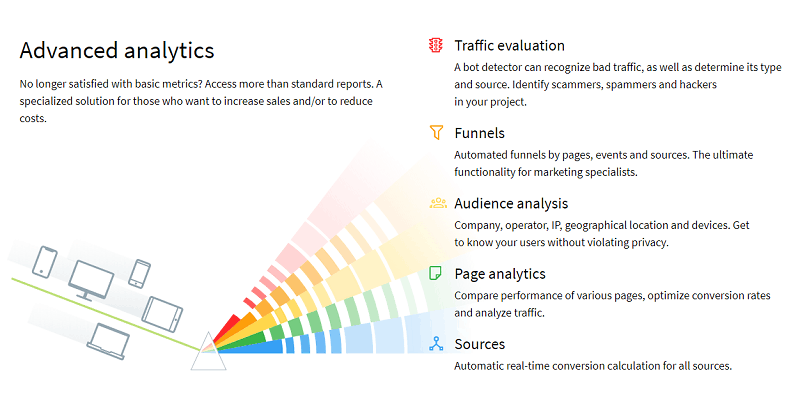The very sound of the word bankruptcy can send a shock-wave through the financially savvy mind. Despite the negative connotation, filing bankruptcy can be a lifesaver for those already struggling with financial chaos. As laws and practices have changed over time, there can actually be several benefits to filing for a reprieve from your debt. Every pro has its con, and we are going to give you an overview of the bankruptcy process.

Table of Contents
How Bad Is It?
Much of the fear in potential recipients of a bankruptcy settlement is hinged on the unknown. Everyone understands that a significant result of filing is an almost lethal hit on your credit report, but this shouldn’t be something that keeps you from a better financial future. There many resources that can show you how to improve your credit score after such a decision, so there is no need to assume that the worst has no potential for improvement.
How Can You Qualify?
Before you actually file for bankruptcy, you need to know the differences between the two primary filing types that private individuals pursue. These are Chapter 7 and Chapter 13.

1. Chapter 7 filing
In this case, liquidation usually occurs. The proceedings will discharge (or release) most the unsecured debt you have. This included credit cards and personal loans. For you to file according to this type, you will have to pass the “means test.” You will be required to have a certain amount of income, and the judge may require you to sell any non-exempt asses. This filing process can take between three and four months.
2. Chapter 13 filing
If filing for Chapter 13, you will be given a reorganization of your debt. A repayment plan will be determined, and your creditor will receive their money over time. There is no requirement of property liquidation, but the entire process (including repayment) could take between three and five years. This program also has an income requirement, as there are monthly repayment obligations.
Qualifying for bankruptcy depends on the type of filing you are pursuing. You will want to consult with someone like this bankruptcy attorney in Phoenix for help through the process, but there are some general guidelines in each filing category. There are requirements for income, debt ratio, and the type of debts outstanding. For many, it can provide a way of easing financial stress and overwhelming burden.
How to Get Ready for Bankruptcy
If you are considering bankruptcy as an option for debt relief, there are several ways to prepare for the process. Many of these recommendations deal with your activities and should not be taken lightly since they could undermine your efforts.
1. Do not pay any of your creditors. While it is usually assumed that making payments on time is a tip for how to improve your credit score, if you intend to declare bankruptcy, you don’t want the court to consider preferential transfers. This is where one creditor has received unfair benefits over the others.
2. Do not open any new debt. If you open a new credit account just before filing, the potential lender can claim your actions as fraud. You assumed a new debt with no intention of paying it back. These debts aren’t forgiven.

3. Do not make unusual purchases or transactions. The filing will take a look at your financial history, even for purchases and activity that have little do with your credit accounts. For instance, don’t think that transferring the title of your car or home will be beneficial once your filing moves forward. Don’t make purchases for luxurious goods or services. This can all be considered fraud.
4. Do be truthful. When you file for bankruptcy, you will be asked to provide a complete disclosure of all accounts, assets, debts, and financial holdings. If you are untruthful, it could lead to charges of fraud and even heavier criminal charges.
5. Do use your common sense. Although bankruptcy might seem to be your only immediate option, take a moment to consider the future implications. If you know you will be receiving an employment bonus or an inheritance settlement, allocate those funds to pay down your debt.
How It Impacts Your Credit
Unfortunately, the impact on your credit is one reason many avoid declaring bankruptcy. In addition to the length of time it may take for your credit to be repaired, you are required to disclose your bankruptcy filings on medical forms, state or government reports, and future employers. Even if it is long past the ten-year mark for your credit report, you must still acknowledge this history on any forms requesting it.
Regardless of which filing type you pursue, declaring bankruptcy will adversely affect your credit. It can take up to ten years before you are able to repair your credit history and obtain lender-based financing. Make your decision carefully and consult a bankruptcy attorney if you have questions.



















